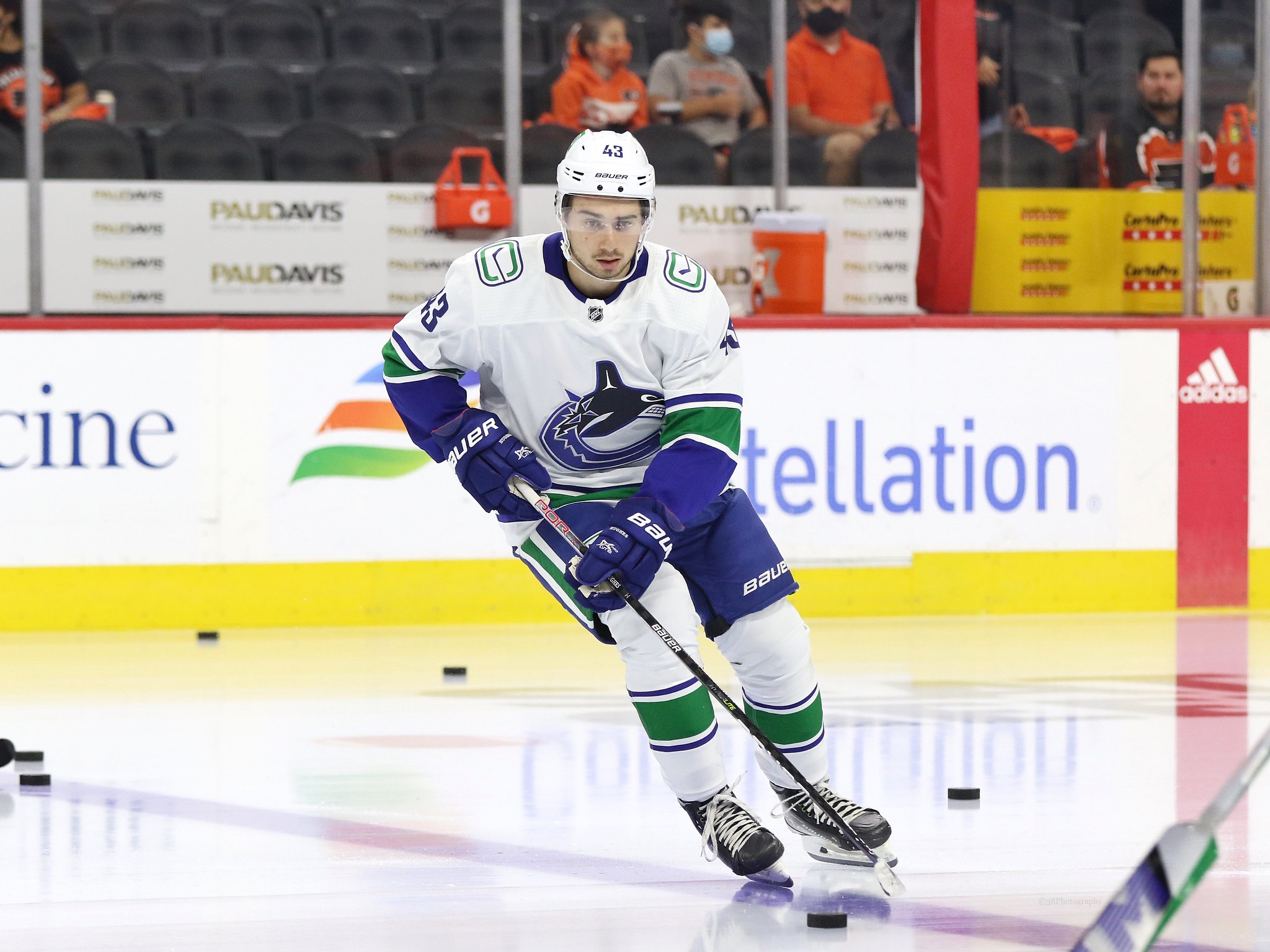

The Vancouver Canucks find themselves in a precarious position when it comes to their star defenseman and captain, Quinn Hughes. While there are no active trade rumors concerning Hughes directly, the team's actions and statements suggest a growing unease about his long-term future in Vancouver. This unease stems from a combination of factors, including the Canucks' recent struggles, Hughes's known desire to play with his brothers Jack and Luke Hughes who play for the New Jersey Devils, and the overall direction of the franchise. Given these circumstances, any trade involving Hughes would likely be viewed as a loss for the Canucks, regardless of the return.
One of the primary reasons why the Canucks can't "win" a Hughes trade is his immense value to the team. He's not just a top-pairing defenseman; he's the captain, a Norris Trophy winner, and the face of the franchise. Hughes is signed through the 2026-27 season with a very team-friendly $7.85 million cap hit. Finding a player who can replicate his offensive production, defensive responsibility, and leadership qualities is a near-impossible task. Any package the Canucks receive in return would inevitably leave a gaping hole on their blue line and in the locker room.
Furthermore, the Canucks' potential lack of leverage in any trade scenario further diminishes their chances of acquiring equal value. Hughes has expressed a desire to play with his brothers, and while he hasn't explicitly demanded a trade, the Canucks are aware of his long-term aspirations. This knowledge puts pressure on the organization to either create a competitive environment that convinces Hughes to stay or find a trade partner that can offer a compelling package. However, potential suitors are also aware of Hughes's situation, which could drive down his trade value. Teams might be hesitant to offer their best assets, knowing that the Canucks may be forced to move him eventually.
The Canucks' management has also publicly acknowledged the possibility of Hughes leaving. President Jim Rutherford has stated that the team would have to consider trading him if it becomes clear he doesn't want to stay in Vancouver long-term. While this transparency might be appreciated by some, it also signals to other teams that the Canucks are potentially willing to move their star defenseman, further weakening their position in trade negotiations.
Another challenge for the Canucks is the current market conditions. The NHL is becoming increasingly competitive, with more teams believing they have a chance to contend for the Stanley Cup. This parity has made it more difficult to acquire top-tier players through trades, as teams are less willing to part with valuable assets. Additionally, the salary cap era further complicates matters, as teams must carefully manage their cap space to accommodate new acquisitions.
Even if the Canucks were to receive a substantial package of players and draft picks in exchange for Hughes, it's unlikely they would be able to replace his impact on the team. Rebuilding through the draft is a long and uncertain process, and there's no guarantee that any of the acquired prospects would develop into players of Hughes's caliber. Moreover, the Canucks would risk alienating their fan base and further damaging their reputation if they were to trade away their captain and best player.
In conclusion, while a trade involving Quinn Hughes might seem like a viable option for the Canucks if he ultimately decides he wants to play elsewhere, the reality is that they are unlikely to "win" such a trade. His unique combination of skill, leadership, and team-friendly contract makes him virtually irreplaceable. The Canucks' best course of action is to focus on creating a winning environment that convinces Hughes to stay in Vancouver for the long haul, even if it means exploring a panic trade for another defenseman.